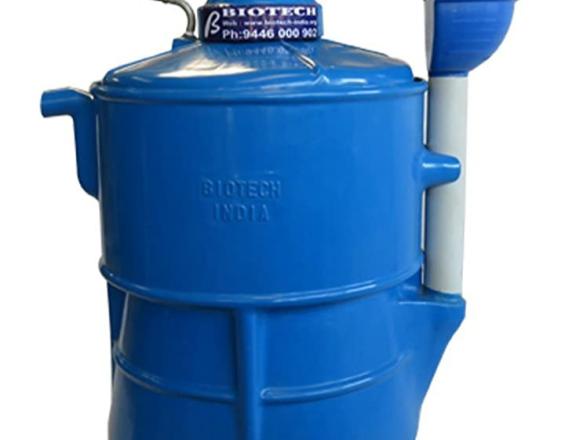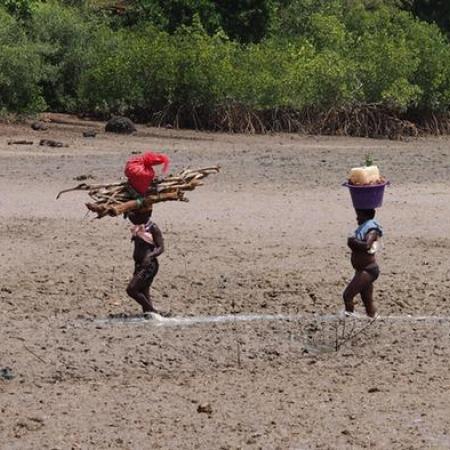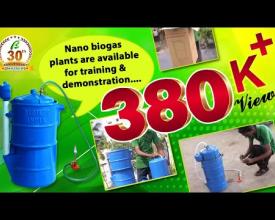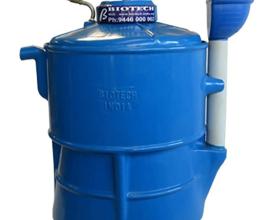
Niassa biogas project

We are testing biotech nano 500 biodigesters in conservation zones to prevent people from systematically using trees and plants in protected areas to produce energy for cooking and other necessities. This method prevent them from using fuels that are harmful to health and the environment within the protected areas.
Contexte
Challenges addressed
The biggest logistical challenge is the distance and access to the remote conservation areas. Also the financial resources for importing bio digesters as well as necessary accessories for the use of gas in the kitchen and food preservation.
Emplacement
Traiter
Summary of the process
Combining the use of biogas technology and solar energy, the community residing in the Niassa reserve will not only be able to improve their quality of life but also their income by not buying kerosene, candles, and batteries. In this way, wasting hours searching for firewood is avoided.
Solar energy gives access to lighting and electricity to develop other activities, rather then throwing toxic waste in nature, such as used batteries.
Building Blocks
Niassa biogas project
Build partnership to implement projects in biogas in niassa reserve and other reserves in Mozambique
Enabling factors
Finance
Logistic
Capacity building
Lesson learned
Sustainable development
Solar lightning kits
Combines solar solution to provide ligth and access to power and charge phones
Enabling factors
Solar kits
Financial resources
Logistics
Lesson learned
Improve life in rural commnities
Impacts
Improving people's lives and their health;
To allow the use of fertilizers and natural fertilizers for food production in home gardens in order to encourage people to stop looking at the reserve animals as the only source of food;
To protect protected species of trees that undergo indiscriminate felling for the charcoal and woodfuels.
Beneficiaries
Community residing in the special reserve of Niassa
Sustainable Development Goals
Story

In Mozambique in rural areas inside or outside conservation areas, looking for firewood for cooking in the forest and women's and children's work, this consumes many hours of the day exposing these groups to dangers within the areas outside protection. They are also exposed to the risk of coming across ferocious animals in the forest.









